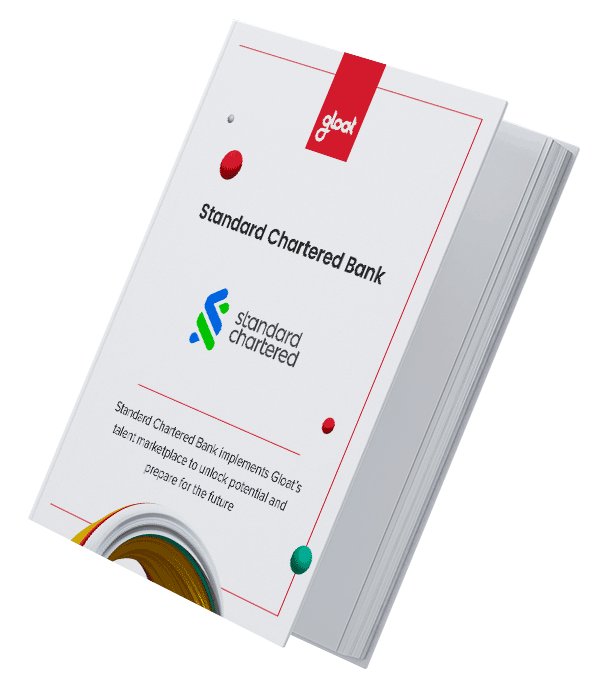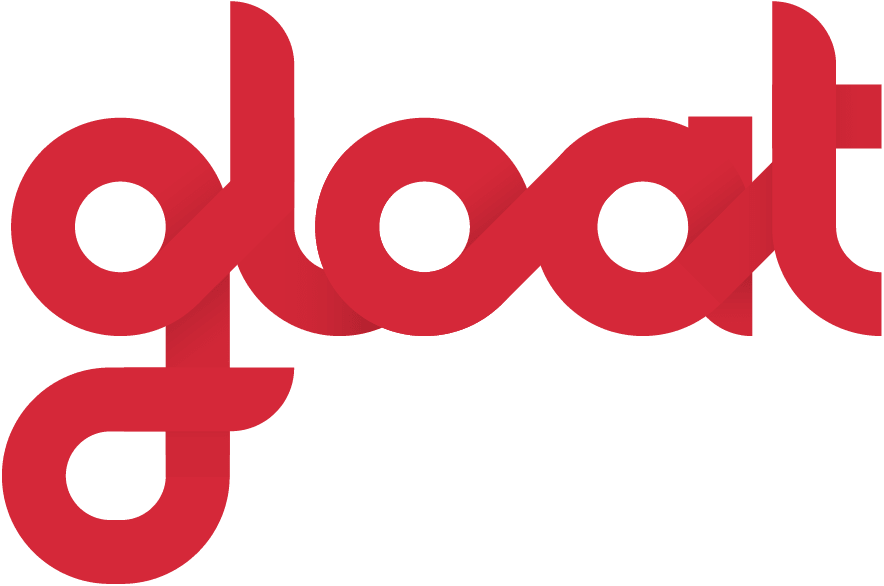How Mercer and Standard Chartered Bank drive skills-centric transformations

How Standard Chartered Bank prepares for the future of work
Want to read more about Standard Chartered Bank’s transformation? Check out their case study, which breaks down how the leading financial services institution embraced skills-centric strategies powered by a talent marketplace.
‣ Top takeaways
“The talent equation has really shifted. We’re starting to see organizations take seriously the idea that we should think of organizations like organisms. And the way that they grow and develop and learn is this much more organic model, and that requires a very different leadership and management mindset, but it also requires a different set of HR practices.”
“Today, we can’t solve a problem with one business function alone. We need to start thinking a lot more horizontally. So our responsibility as HR is to take the business on that journey. Having a talent marketplace allows us to do a lot of things with the data we produce. If we make a case that we don’t need to be hiring all of these people because we have a lot of people we can quickly upskill in order to get the job done, it changes the conversation.”
“So what we really need to do is access a skills network from within and sometimes outside of the organization. But to do that we need a new system to be able to organize that because it's really difficult for one person to find the right skills, especially from outside of their immediate network. And so we're starting to see AI and automation playing a bigger role to help make that connection.”
“It’s not just about the technology. Of course, technology is a very important component. But it's also very important to think about, ‘What are your use cases? And what is your broader perspective and vision of why you want a talent marketplace in the first place?’”




